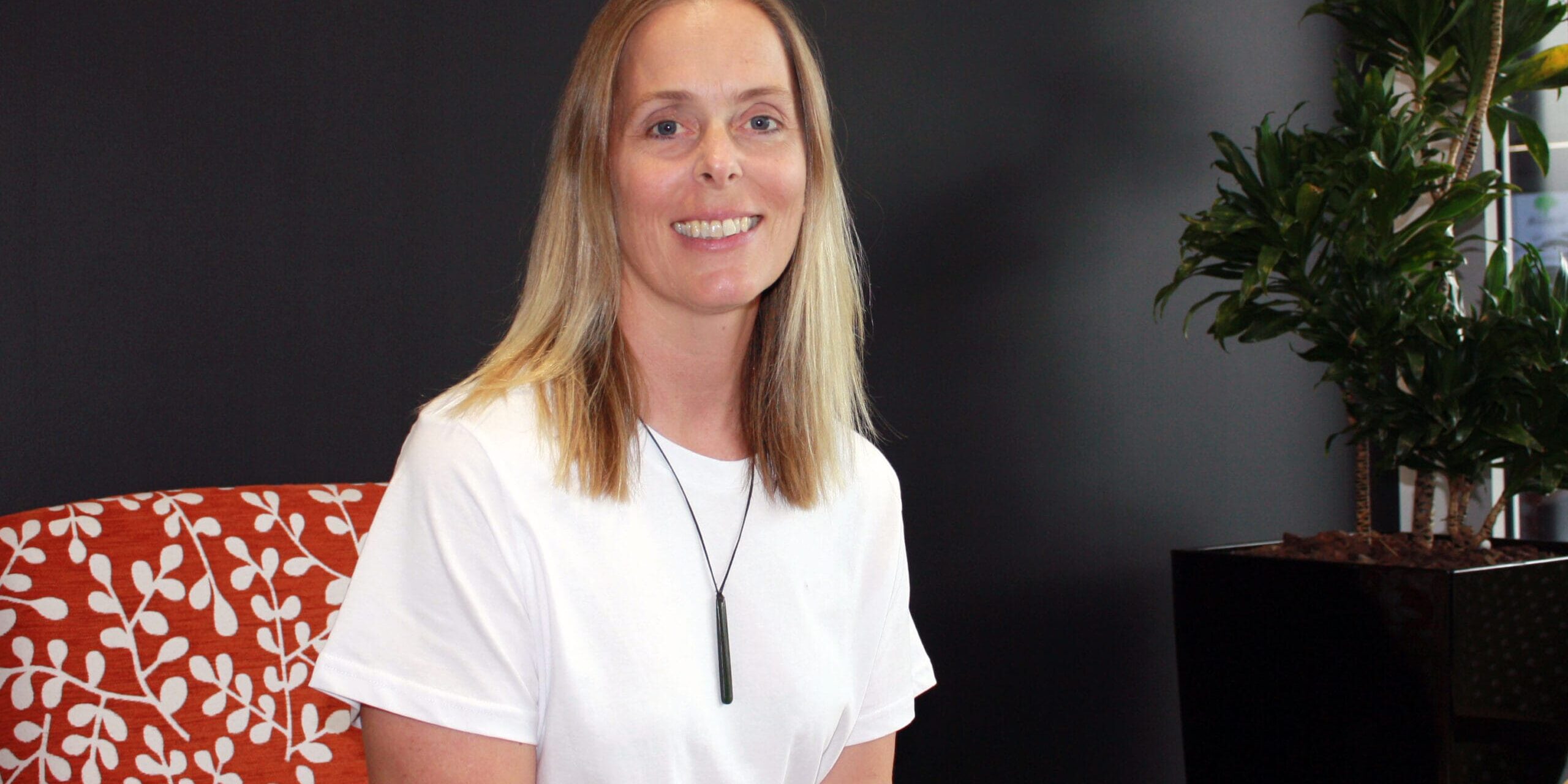
As many companies move away from working from home as part of hybrid setups, we face a pivotal moment in the future of our workplaces. This shift isn’t just about returning to the office—it’s an opportunity to redefine productivity. Some employers might feel anxious about creating playful workplaces, fearing it might encourage their teams to goof off. However, the reality is quite the opposite. Playful, engaging work environments switch people on, making them more productive, creative, and committed to their work.
The Power of Play-Informed Workplaces
Imagine walking into an office that feels more like a creative playground than a conventional workspace. Picture a place where collaboration happens naturally, ideas flow freely, and every team member feels genuinely excited to contribute. This vision isn’t just an ideal—it’s backed by evidence. Research consistently shows that playful work environments foster greater engagement, boost morale, and lead to higher levels of productivity.
A study from the Journal of Vocational Behaviour found that employees were more engaged on days when their work felt playful, as it satisfied their needs for autonomy, relatedness, and competence. Playful workplaces don’t just make work fun; they create a culture of innovation and enthusiasm. When employees are given the space to experiment, connect, and enjoy their tasks, they are more attentive, motivated, and creative—qualities essential for driving business success.
Building Dynamic and Engaging Workplaces
So, how do companies bring this vision to life? The answer lies in creating environments that people want to be part of. Organisations specialising in play-informed workplace design offer valuable assessments and tailored strategies to transform office culture. These experts help businesses pinpoint areas where playfulness can be integrated, whether through physical workspace changes, team-building activities, or leadership approaches that emphasise connection and creativity.
Imagine a workplace where meetings begin with quick creative exercises to spark energy, or breakout spaces designed to encourage spontaneous brainstorming. Playful strategies are not the same as those dreaded team-building exercises—we’ve all experienced the awkwardness of a ‘trust fall’ or similar activities during professional development sessions. This isn’t about forced fun; it’s about cultivating an authentic culture of playfulness in everyday work. These strategies don’t have to be grand gestures; even small, intentional changes can significantly impact how employees feel about their work. By prioritising engagement and joy, companies can build a sense of belonging that fuels creativity, strengthens collaboration, and drives results.
The Benefits of Joy in the Workplace
Joy at work is not a luxury—it’s a powerful driver of productivity and innovation. Neuroscience tells us that joy is more than just a feel-good emotion; it’s a neurochemical process that primes our brains for learning, memory, and insight. When people experience joy, they are more likely to engage deeply with their tasks, think creatively, and solve problems effectively.
A study from the University of Warwick found that happiness at work can increase productivity by up to 12%. Meanwhile, the Harvard Business Review highlights that companies fostering playful and creative environments often see significant improvements in innovative output. Joyful workplaces aren’t just more enjoyable—they are more effective, turning the everyday office into a hub of ideas and opportunities.
Moreover, joyful workplaces support employee wellbeing, reducing stress and burnout. The American Psychological Association notes that workplaces prioritising play experience lower levels of absenteeism and higher employee retention rates. In times of uncertainty and change, maintaining a positive and engaging work culture can be the key to keeping teams resilient and focused.
A Positive Vision for the Future of Work
The transition back to the office doesn’t have to be about going back to the old ways. Instead, it’s a chance to create workplaces that people look forward to—spaces that energise, inspire, and connect. By embracing playfulness, companies can transform their office environments into places that foster a sense of purpose and community. When managers lead with a focus on joy, play, and engagement, studies show this approach boosts productivity and sparks innovation, turning everyday challenges into opportunities for creative solutions. This strategy benefits not only employees but also the business, leading to stronger performance, greater innovation, and a thriving workplace culture.
Conclusion
The move away from working from home should be seen as more than a return to the office—it’s an opportunity to build something better. By focusing on creating joyful, engaging workplaces, businesses can turn this transition into a powerful step forward. Let’s embrace a future where work is not just about getting the job done, but about thriving together. The most successful workplaces will be those that prioritise joy, connection, and creativity, showing that productivity doesn’t come from control—it comes from passion and play.
(Thank you to Dr Sarah Aiono of Longworth Education for this guest post)



